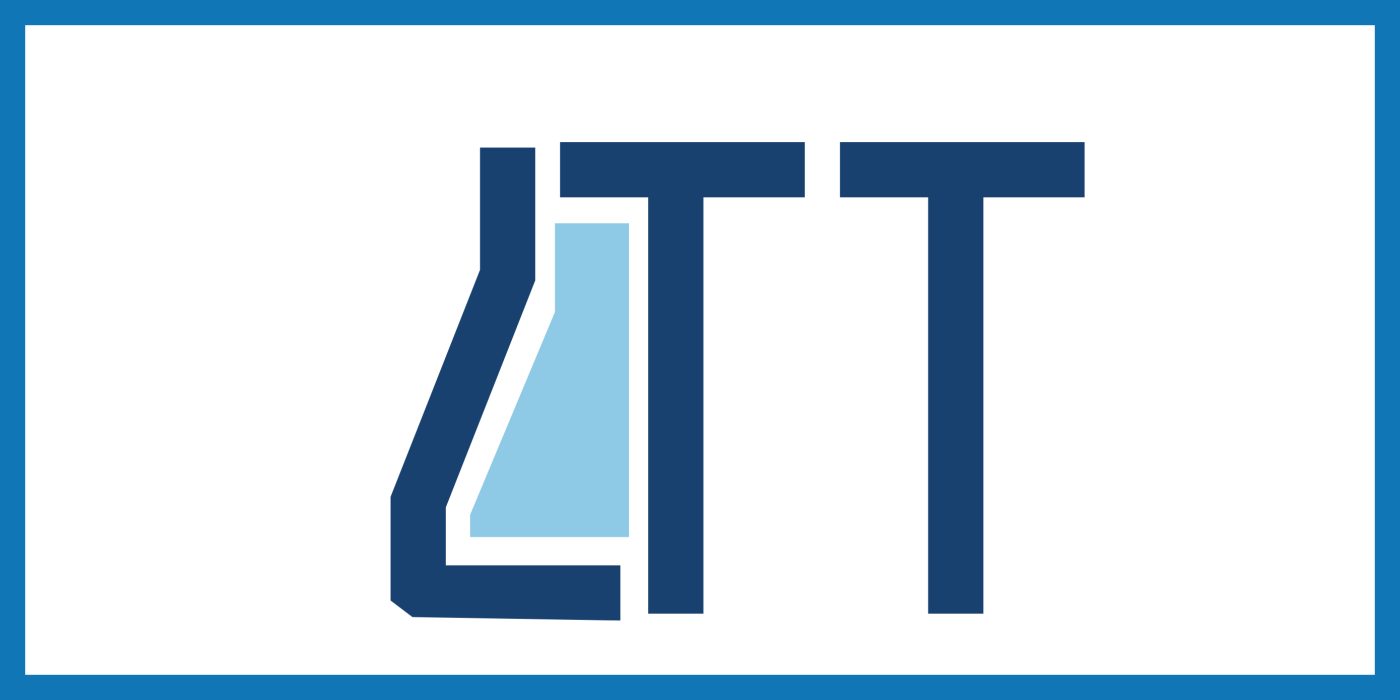
In the world of laboratory operations, staff competence is not just a regulatory requirement; it is the cornerstone of quality assurance and reliability. With the increasing complexity of tests and the critical role laboratories play in everything from healthcare to construction, the question of how to develop and document staff competence has never been more pertinent.
As Australia’s pre-eminent accreditation body, NATA’s role in setting the standards for laboratory performance is unparalleled. The ISO/IEC 17025 and ISO 15189 standards require laboratories to provide evidence of personnel competence through a combination of training and assessment records. With a variety of training options available, laboratory managers face the challenge of finding the best professional development solution for their teams. But which is better – individual units, packaged short courses, or full accredited qualifications?
At LTT, we understand that ensuring staff competence is a multifaceted challenge that requires a comprehensive approach. Each path offers distinct advantages and limitations, making it crucial to understand their impact on upskilling and confirming the abilities of laboratory employees.
Short skill sets & courses
Pros:
- Specificity: Tailored short courses can be designed to address specific skills gaps or emerging technologies, providing targeted learning that directly applies to the immediate needs of the laboratory.
- Speed: These courses are typically shorter in duration, allowing staff to quickly acquire new skills without significant downtime or disruption to laboratory operations.
- Low cost: Short courses can be cost-effective, especially for laboratories needing to train staff in specific areas without the broader scope of a full qualification.
Cons:
- Narrow focus: While offering targeted training, short courses may not provide the comprehensive skill set that comes with a full qualification, potentially leaving gaps in broader knowledge and skills.
- Limited use: Certificates from short courses or skill sets may be insufficient evidence of staff training at audit.
Full qualifications
Pros:
- Broad skill development: Accredited qualifications offer a comprehensive curriculum that covers a wide range of skills and knowledge, ensuring well-rounded competencies.
- Increased recognition: Nationally recognised qualifications like the MSL40122 Certificate IV in Laboratory Techniques may go further in enhancing staff engagement compared with short courses.
- Staff retention: Team members are less likely to want to move on if they are working towards a nationally recognised qualification.
- Government support: Full qualifications for in-demand industry skills are frequently included in Federal and State Government incentive and support programs.
Cons:
- Time to complete: Achieving accredited qualifications does require a time investment from the laboratory supporting their staff to undergo training.
- Employee commitment: Individual motivations and availability to commit to study are important considerations when formulating a staff learning and development strategy.
Professional development programs should be guided by the laboratory’s specific needs, goals, and constraints. Factors to consider include the nature of any skills gaps, the urgency of the training need, budgetary considerations balanced against funding opportunities, and long-term career pathways for key individuals. For laboratories facing rapidly changing technologies or needing to address immediate skills shortages, tailored short courses may offer an effective solution. Conversely, for laboratories looking to build a foundation of highly skilled personnel to support long-term quality and safety objectives, investing in accredited qualifications may be more beneficial. Ultimately, an approach designed specifically to meet the business’s individual needs is required.
Accreditation Matters 2024 | June 25-26
Platinum Sponsor LTT’s CEO, Simon Gazia, will join forces with NATA’s Naomi Aitken and SA Pathology’s Jason Graefling to delve into the critical topic of staff competence and upskilling. As we look forward to the conference, we invite all stakeholders in the laboratory sector to join us in this important dialogue. Together, we can ensure that the laboratories serving our communities are staffed by competent, skilled professionals capable of delivering the reliable outcomes upon which we all depend.
Learn more about LTT here